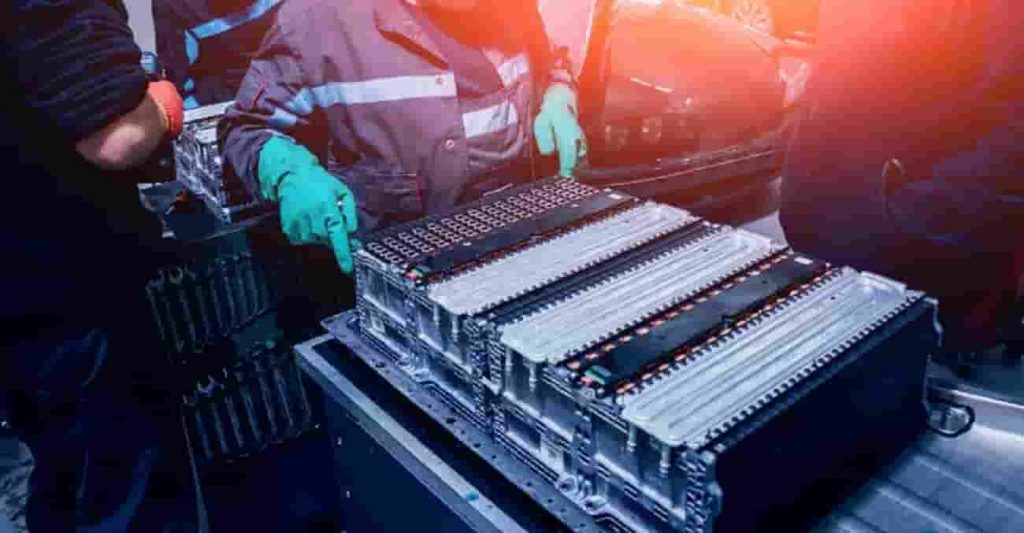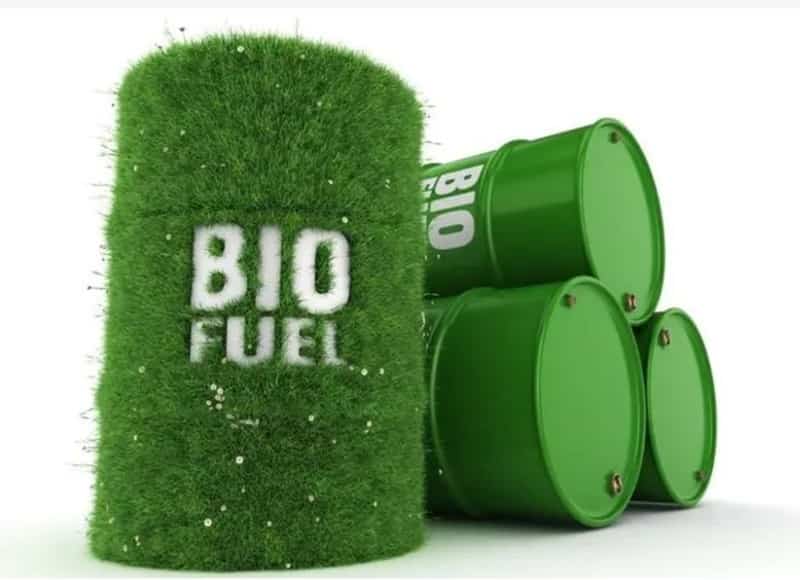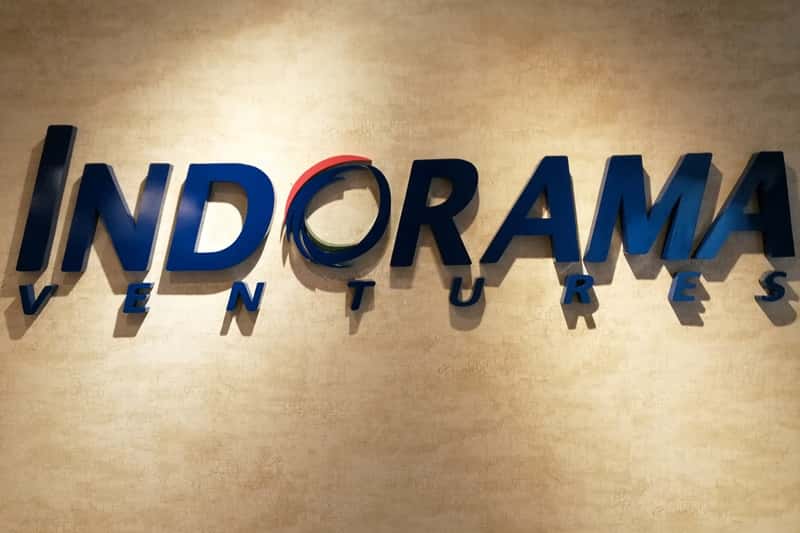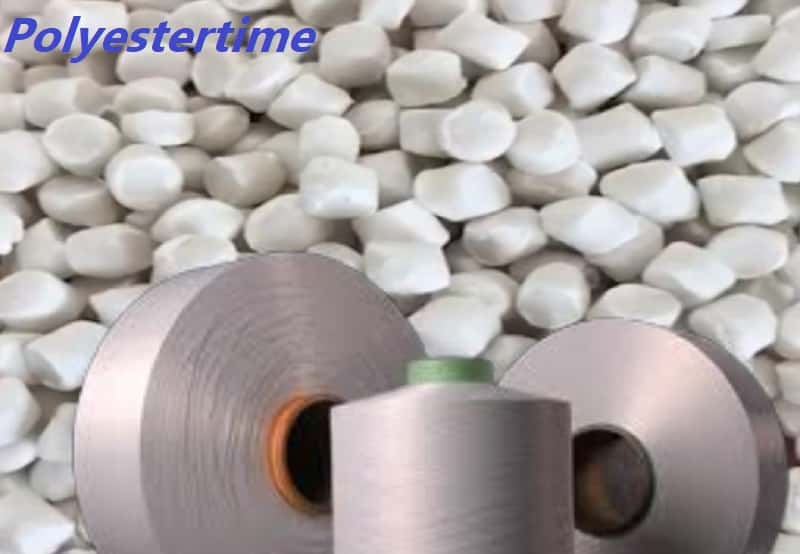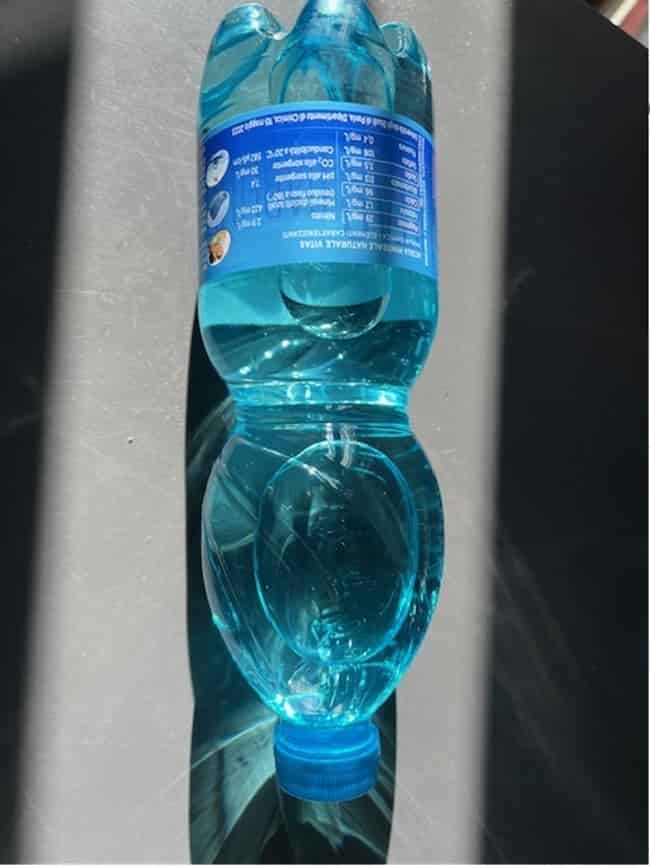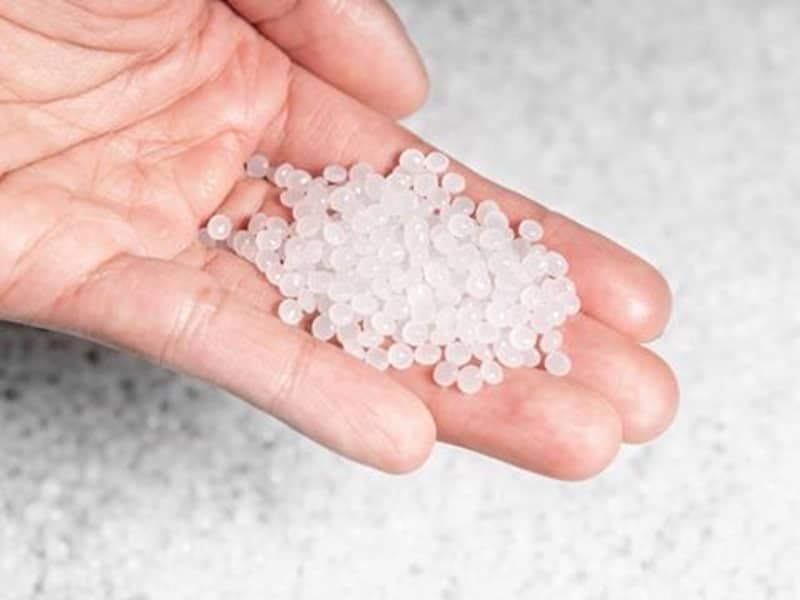Recycled polyester textiles – Malaysian 2024 biofuel output could rise if B20 biodiesel usage expanded 11-03-2024
Recycled polyester textiles
Polymers prices – PET bottles banned? the environment doesn’t always thank you
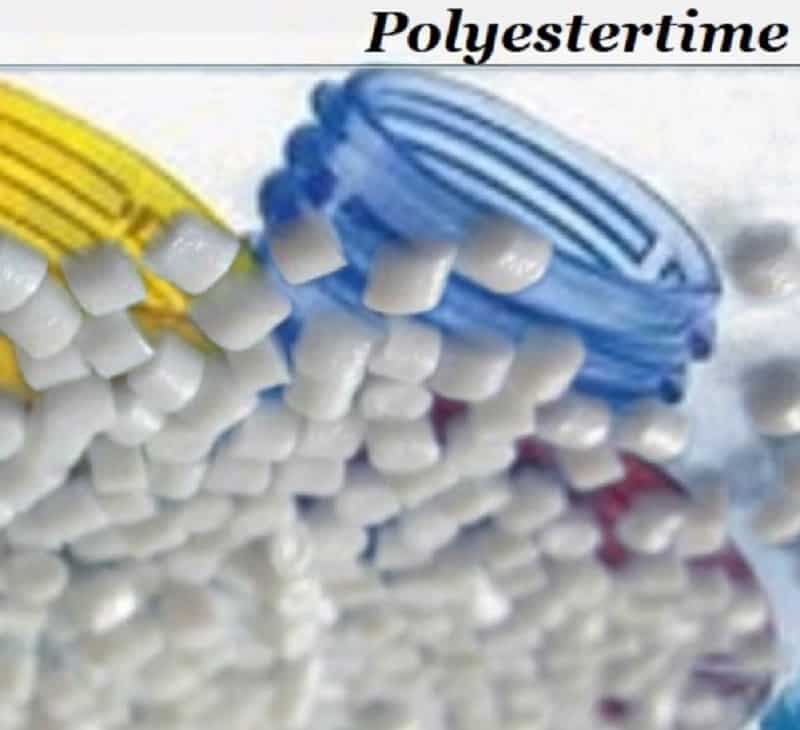
Crude Oil Prices Trend
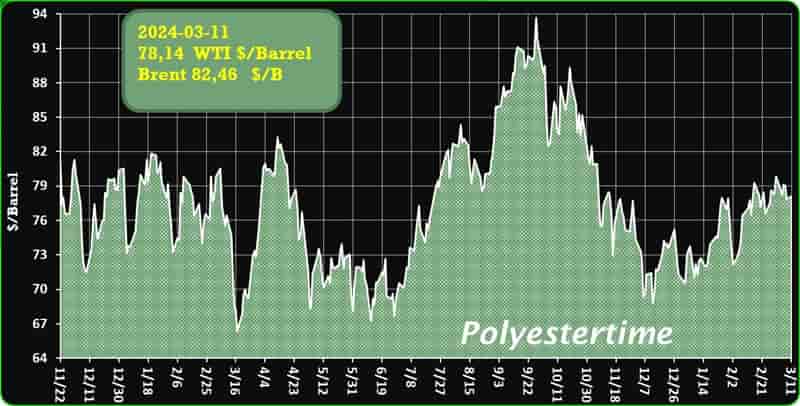
Crude Oil Prices Trend by Polyestertime
Monterey Mushrooms unveils rPET with NIR Sortable Colorant
Monterey Mushrooms is championing sustainability by introducing a significant enhancement to its mushroom packaging this Spring. By incorporating near-infrared (NIR) sortable material into their recycled Polyethylene Terephthalate (rPET) thermoformed tills, the company is taking strides towards a more recyclable future.
These rPET tills are manufactured using 100% post-consumer recycled materials, sourced entirely from North America, thereby reducing plastic waste in landfills and contributing to a circular economy. The use of NIR sortable colorant ensures effective sorting and recycling of the packaging into new products. Recycled polyester textiles
PET and PETE, both abbreviations for Polyethylene Terephthalate, are commonly used plastics denoted by recycling number 1. However, rPET stands out by virtue of its recycled content, denoted by the ‘r’. This recycled material grants a new lease of life to mixed-color PET materials, potentially offering long-term cost advantages over alternatives like clear rPET.
Through this initiative, Monterey Mushrooms not only fosters sustainability within the mushroom industry but also sets a precedent for other sectors to embrace eco-friendly packaging solutions.
By prioritizing recyclability and incorporating innovative materials, they pave the way for a greener, more environmentally conscious future. Recycled polyester textiles
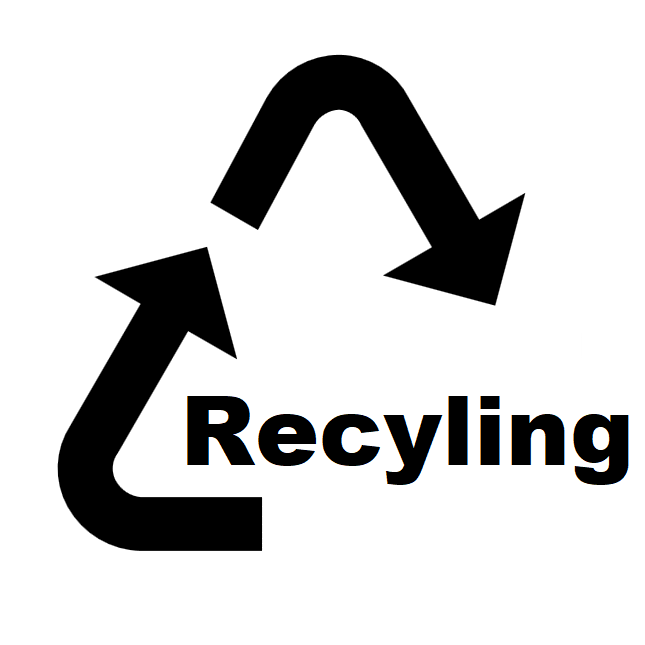
H&M, Vargas Holding launch Syre: scaling recycled polyester textiles
H&M Group and Vargas Holding have joined forces to launch Syre, a new venture aimed at scaling textile-to-textile recycling of polyester.
Backed by TPG Rise Climate, the venture seeks to accelerate the adoption of recycled polyester in the textile industry, fostering sustainability.
H&M Group has secured a substantial USD 600 million offtake agreement with Syre over seven years, fulfilling a significant portion of its long-term demand for recycled polyester. This move is pivotal as it shifts focus from traditional bottle-to-textile recycling to a closed-loop alternative, reducing reliance on virgin polyester. Recycled polyester textiles
CEO Daniel Ervér emphasizes the importance of Syre in H&M Group’s journey towards circularity, urging industry-wide participation in driving sustainability.
Additionally, H&M Group has bolstered its commitment to recycled materials, targeting 30 percent by 2025 and aiming for 50 percent by 2030, aligning with its broader goal of achieving 100 percent recycled or sustainably sourced materials by 2030.
This strategic shift reflects H&M Group’s dedication to decoupling growth from virgin resource consumption, marking a significant step towards a more sustainable future.
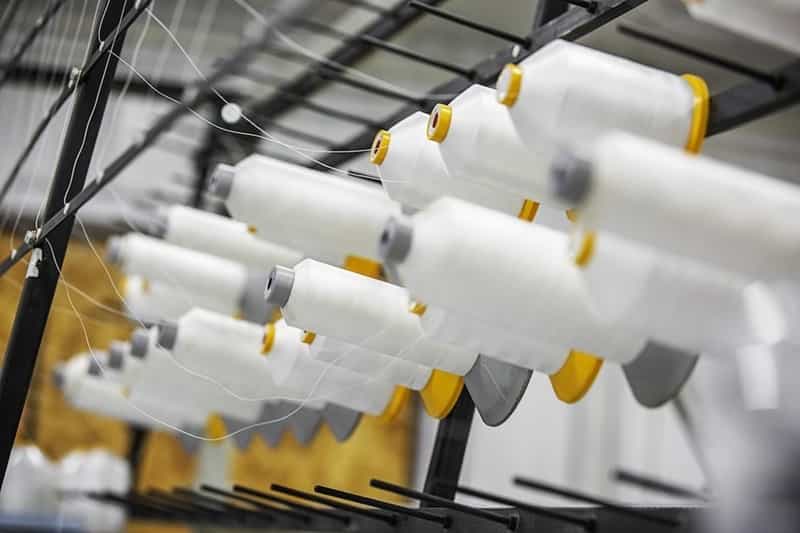
Amazon invests in ai-powered sorting technology for MRS
MRF robotics company Glacier has raised $7.7m in funding from Amazon and other investors to refine AI-enabled sorting technology able to identify ‘novel packaging materials’.
Glacier, a US-based robotics sorting company, has announced that it has raised $7.7 million in funding from a combination of investors including Amazon’s Climate Pledge Fund, New Enterprise Associates and other venture capitalists. Glacier plans to allocate a significant amount of the investment towards the development of low-cost, high-performance AI-enabled robotics, which streamline the sorting of the recyclable materials and gather real-time data on the waste streams. Recycled polyester textiles
AI systems for recycling
Amazon is hoping to use the data gleaned from the technology to reveal actionable insights about packaging’s end-of-life journey that can be fed back to its supply chain and help the retail giant meet its Climate Pledge Fund goals. Packaging suppliers would use the information to design more recoverable packaging formats to deliver higher volumes and higher quality of post consumer recycled (PCR) packaging materials, leading the way to greater circularity. And, Amazon is as much a consumer of PCR packaging material as it is a supplier – higher volumes would reduce the costs associated with PCR, to the point at which it may even become competitive with virgin materials. Higher quality would unlock a greater range of uses. Recycled polyester textiles
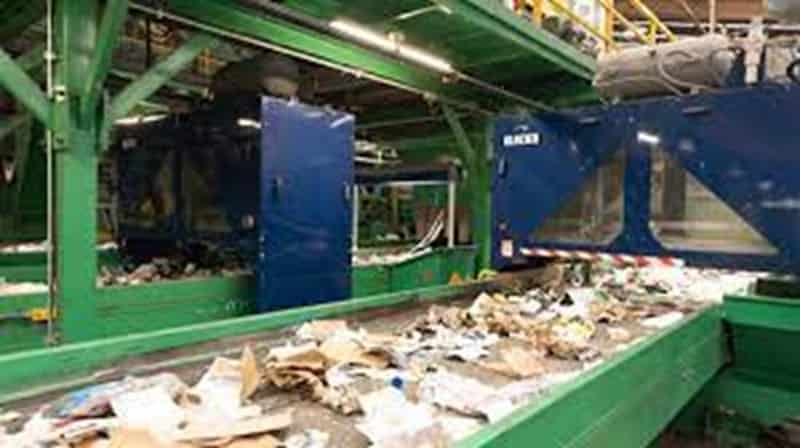
Global EV battery companies to unveil tech at Seoul’s ‘InterBattery’ expo
The InterBattery exhibition in Seoul, held from March 6 to March 8, will feature 579 electric vehicle (EV) battery companies from 18 countries. Hosted at the COEX Convention & Exhibition Center in Seoul’s Gangnam District, renowned for its fashion and finance, the event will showcase cutting-edge battery-related technologies and products.
Organized by the Ministry of Trade, Industry, and Energy, InterBattery stands as one of South Korea’s premier battery exhibitions. This year, it anticipates over 75,000 attendees, surpassing the 60,000 visitors in 2023. Recycled polyester textiles
Leading South Korean battery manufacturers will unveil their latest innovations. Samsung SDI will present its solid-state battery mass production roadmap, promising higher energy density and faster charging. Additionally, Samsung will showcase its rapid charging technology, capable of reaching 80% capacity in nine minutes.
LG Energy Solution will highlight its cell-to-pack (CTP) technology, eliminating the need for intermediate modules, thereby enhancing pack energy density and cost-effectiveness.
Domestic exhibitors include SK On, SK Group’s battery arm, and Dongwon Systems, Dongwon Group’s packaging solutions developer. COEX President Lee Dong-ki expressed hopes for InterBattery to serve as a global platform for South Korea’s battery industry, reinforcing its position in the global secondary battery market. Recycled polyester textiles
